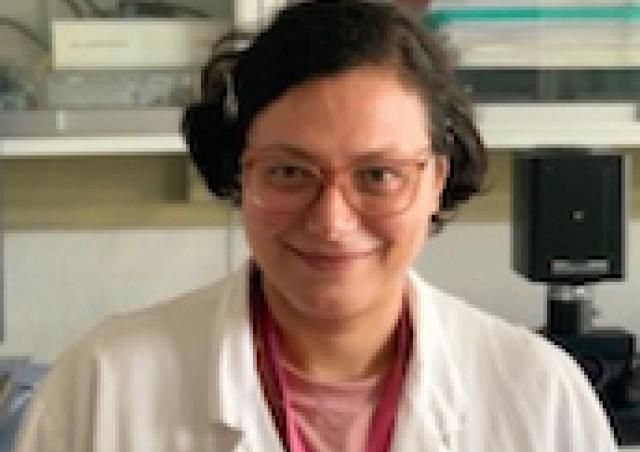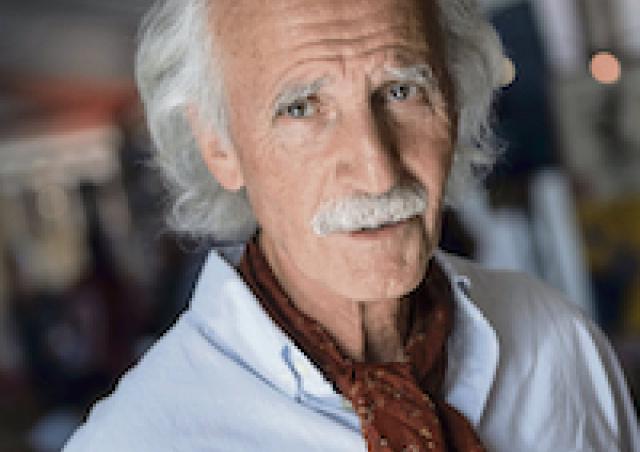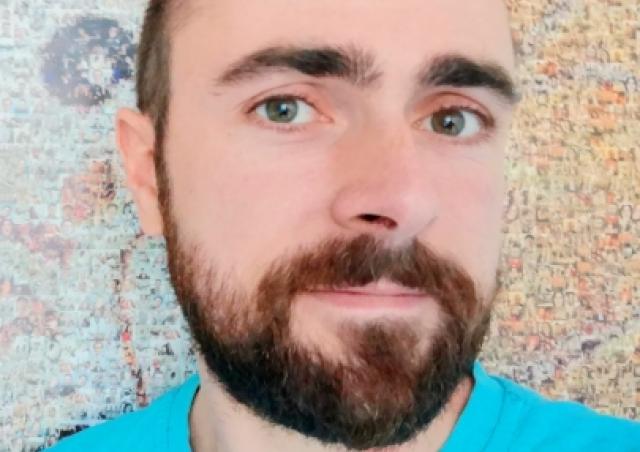Benoit Chassaing's team is characterizing microbiota regulations by environmental factors, such as dietary factors, and studies how the host and its microbiota communicate, with the aim to explore innovative ways to beneficially modulate this gut microbiota to improve health.
Béatrice Romagnolo's team studies the renewal of the intestinal epithelium and its alterations in cancer and inflammatory diseases, and characterizes the influence of nutritional, microbiota and immune system factors on these diseases.
Carole Peyssonnaux's team aims to better understand the chronic deregulation of iron homeostasis observed in the epithelium during inflammatory diseases of the intestine or the skin.
Agnès Lehuen's team is interested in the roles of immune cells NKT and MAIT, unconventional T cells, as sensors of metabolic abnormalities involved in chronic inflammatory diseases.
Benoit Viollet's team is deciphering the cellular processes regulated by protein kinases AMPK in the gastrointestinal tract in order to develop new therapeutic approaches targeting the maintenance of the intestinal epithelial barrier integrity.











